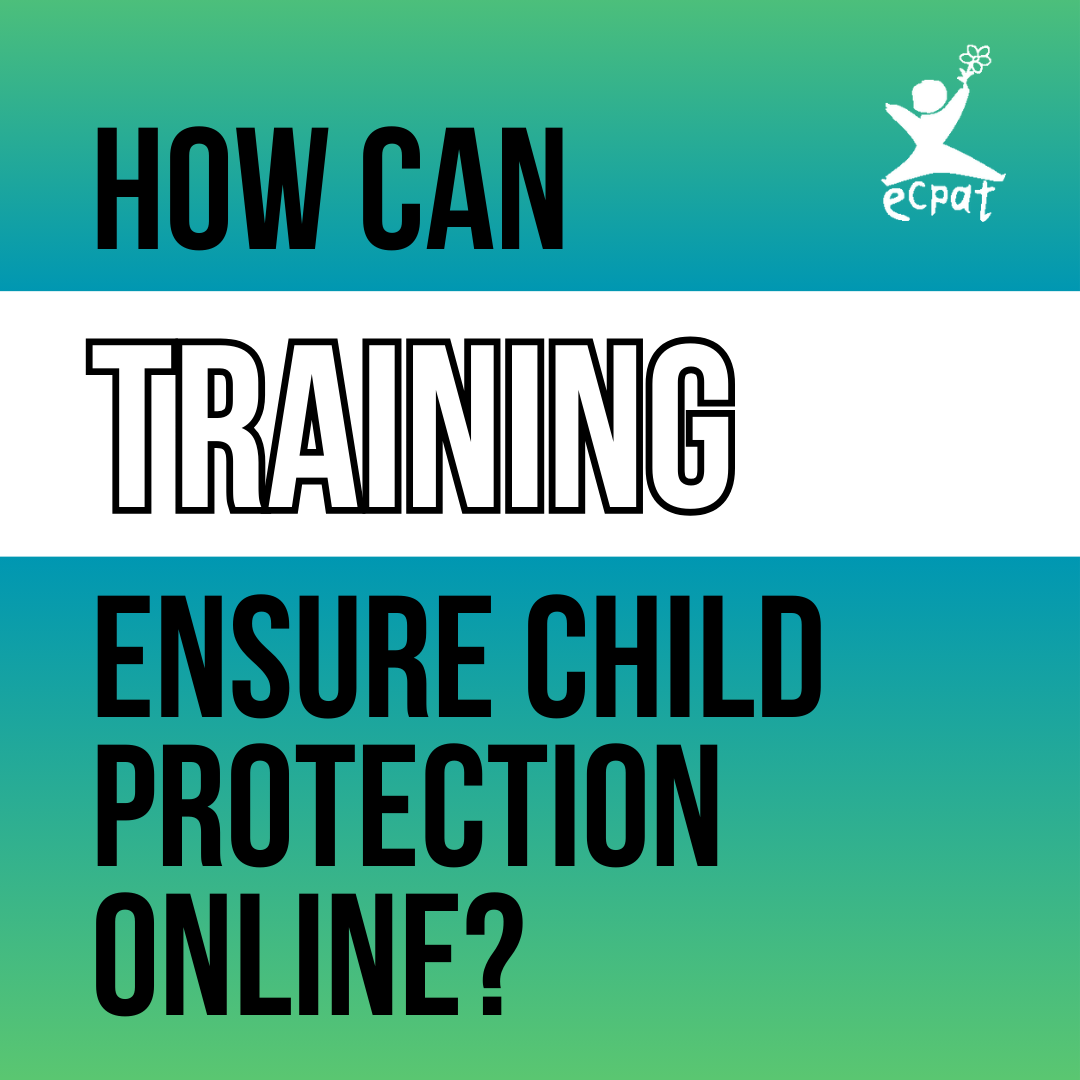In the digital age, where our lives intertwine with technology, the pervasive but hidden reality of child sexual abuse is thriving online. It has never been easier for people with harmful intentions towards children to hide and avoid detection. At the same time, younger and younger children are accessing harmful content online, leading to highly concerning consequences for their mental health.

To combat child sexual abuse and exploitation online, it’s crucial that parents and children are empowered with the tools to prevent these crimes and protect themselves. However, educating parents and children is only one of the many paths available to create a society that strives for child protection. We cannot place the burden on children to protect themselves.
Building on this foundation, we now turn our attention to the indispensable need for targeted training for all professionals who have contact with children on how to recognise the signs of abuse.

It’s crucial for all professionals working with and for children to be aware and receive targeted guidance on recognizing signs of abuse, responding to reports or suspicions, and providing children with adequate support. Most children do not disclose the abuse and trauma they experience, and if they do, this may happen only decades later.
Specialised safeguarding training and professionals prepared to identify and address child sexual abuse online (and offline) it’s crucial to create a safer world for children online. Training for professionals can become the beacon to navigate the world of child sexual abuse online and play a role in supporting children’s disclosure of these crimes. Too often, the conventional image of the “stereotypical victim” doesn’t reflect the portrait of children targeted for sexual abuse online, and this add to the issue of child sexual abuse online going under the radar. It’s about assessing risks, understanding the unique experiences, and providing tailored support.
Navigating the dynamic realm of children’s online experiences poses a challenge for professionals, juggling numerous educational and safeguarding needs. Despite the undeniable value of experience and common sense, here are some actionable tips for professionals to contribute to the well-being of all children online:

Furthermore, governments, institutions, and educators must unite in action against child sexual abuse by ensuring training on this issue is mainstreamed into the education of frontline professionals, such as teachers, law enforcement agents, and healthcare specialists.
By building the knowledge and skills to recognize and respond to child sexual abuse online, together we pave the way for a safer and more informed community dedicated to protecting the well-being of all children.
